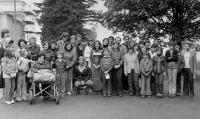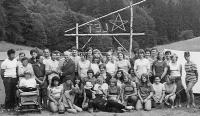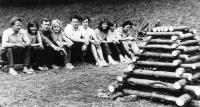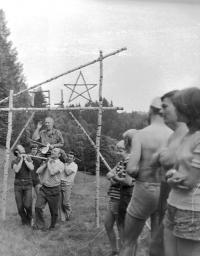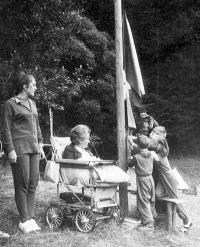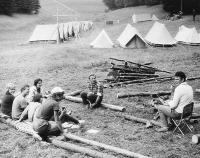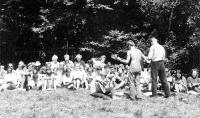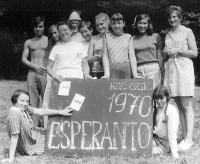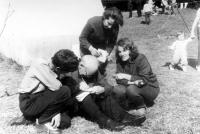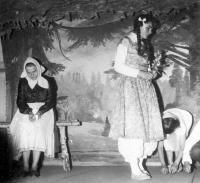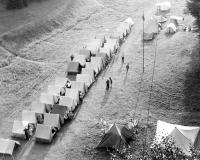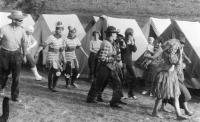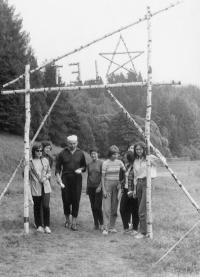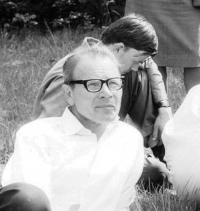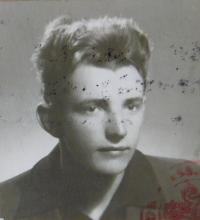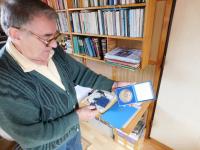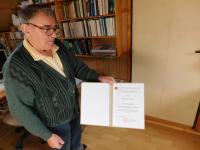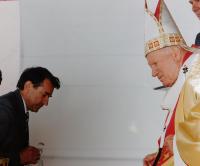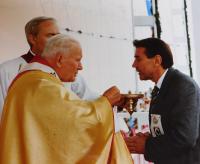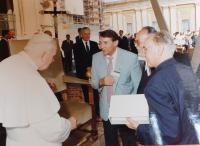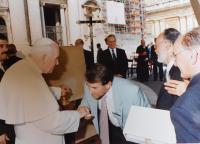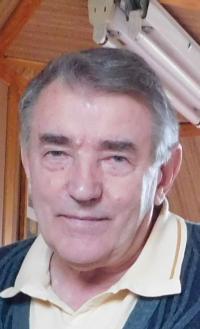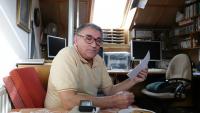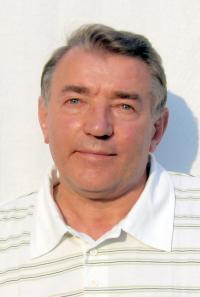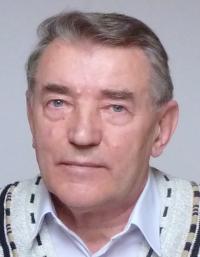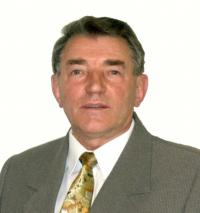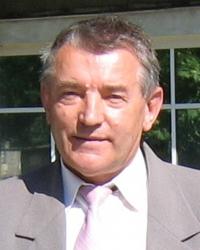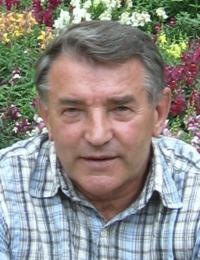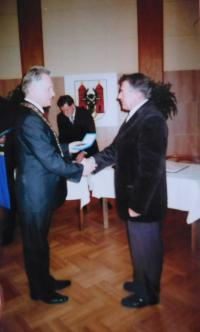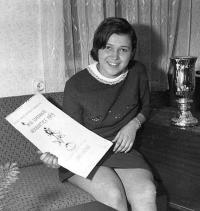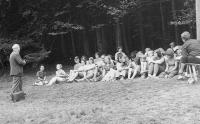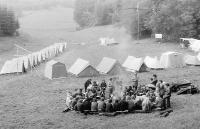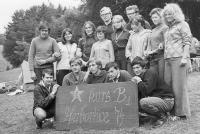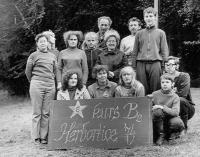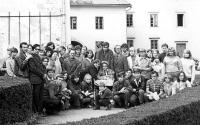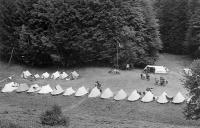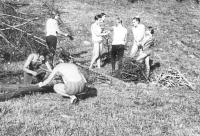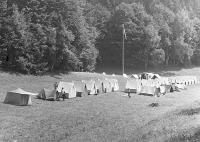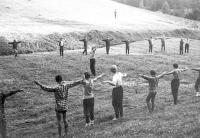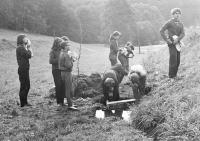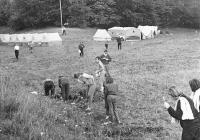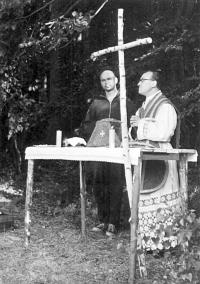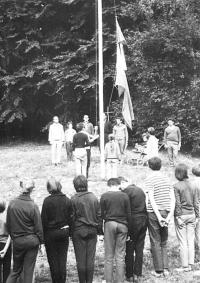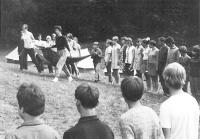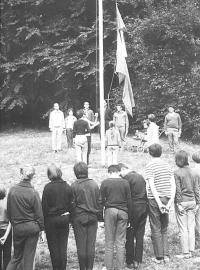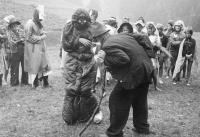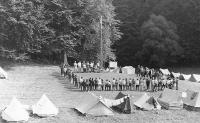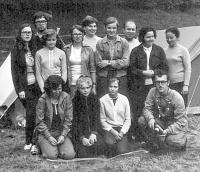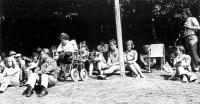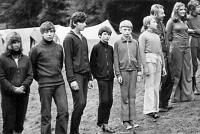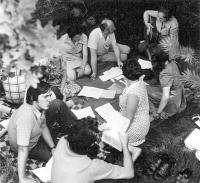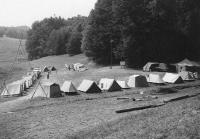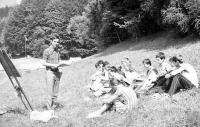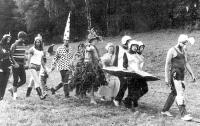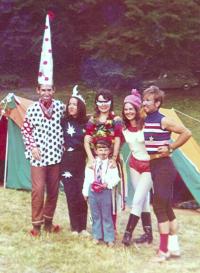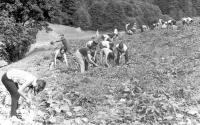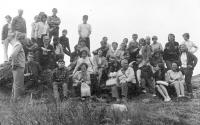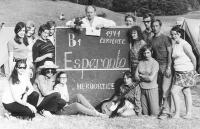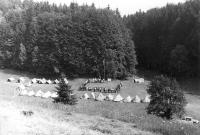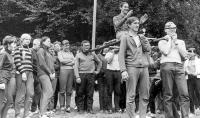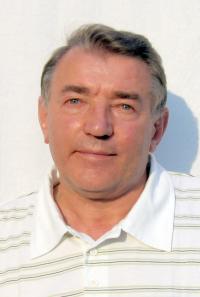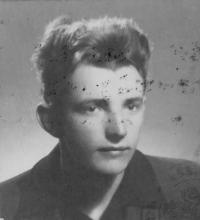On my way from the court building I stopped in a church and put everything into the hands of god
Miloslav Šváček was born on February 2, 1941 in Střítěž nad Ludinou as the fourth of five children of private farmers Josef and Aloisie Šváček. In his childhood he witnessed pressure of local communists on his parents to join the newly established agricultural cooperative. As a son a religious parents and former farmers he could not choose a field of his studies after finishing elementary school and apprenticed a mason. Due to good study results he then was allowed to study evening school at the secondary school of constructions and engineering. During studies he came across Esperanto reading old magazines at their house´ loft. Later he also attended classes and became a member of the Czech Esperanto movement. In March 1969 during a constitution meeting the Czech Esperanto Union was established in Brno and its catholic section, where Miloslav Šváček was in charge of the youth leader. Later he was a member of nine camps of catholic Esperanto paterns´ children in Herbortice with an international participation. On July 21, 1977 the camp was ambushed by the state police and two years later the court in Ústí nad Orlice sentenced Miloslav Sváček for obstructing supervision of churches and religious communities to fifteen months in prison suspended sentence. The trial did not escape attention of the foreign media; the witness even received a supporting letter from the pope Jan Pavel II. Yet, Miloslav Šváček did not get scared and when the trial was over he got engaged in the Esperanto movement again as well as in the catholic church activities. After the fall of communism in 2003 - 2012 he got a function of the president of the International association of catholic Esperanto members (IKUE). Until today he has been living with his wife in Přerov - Penčice and as a chairman of the international section and the head of the Czech Section of the catholic Esperanto members he is still an active member of the unit.

